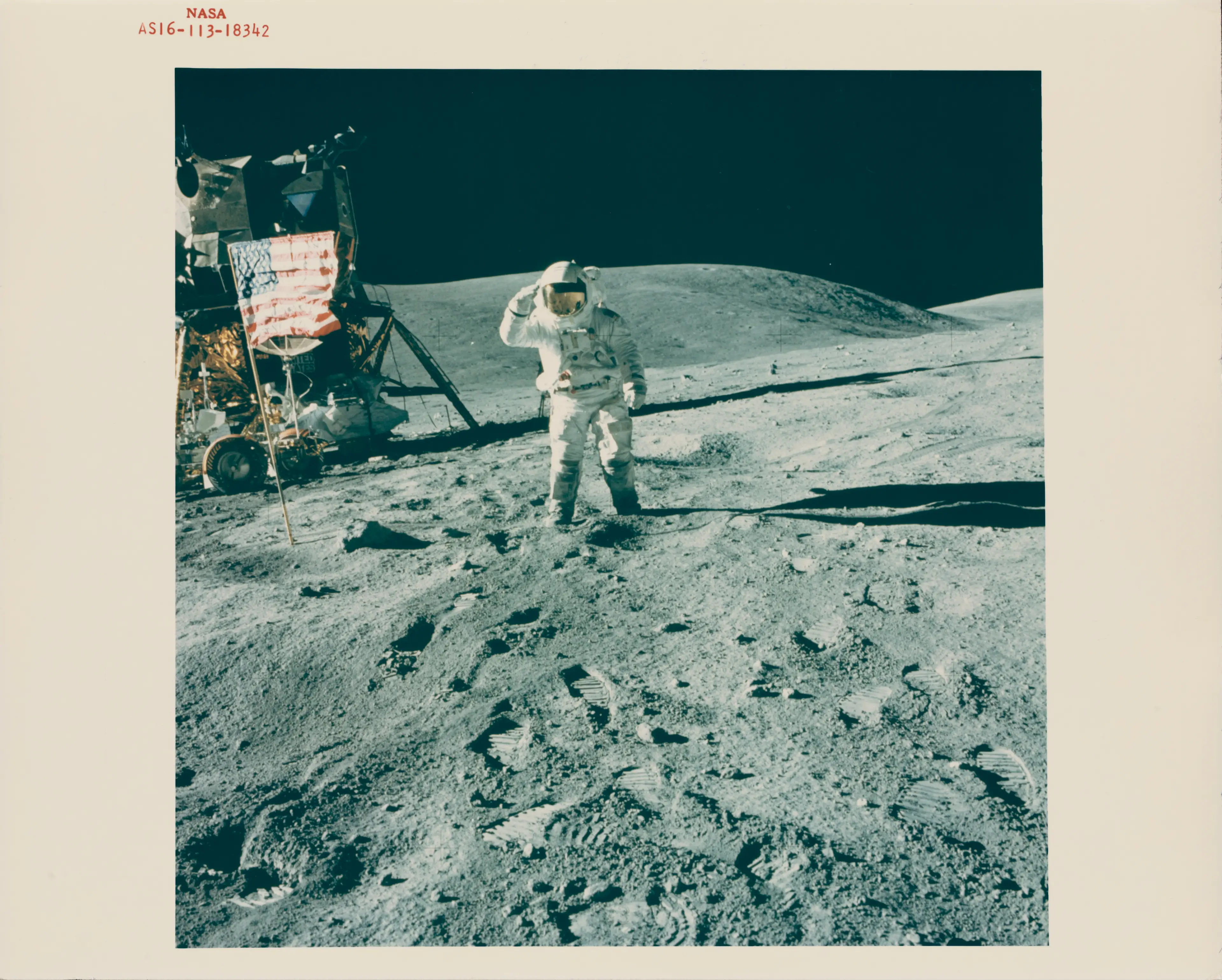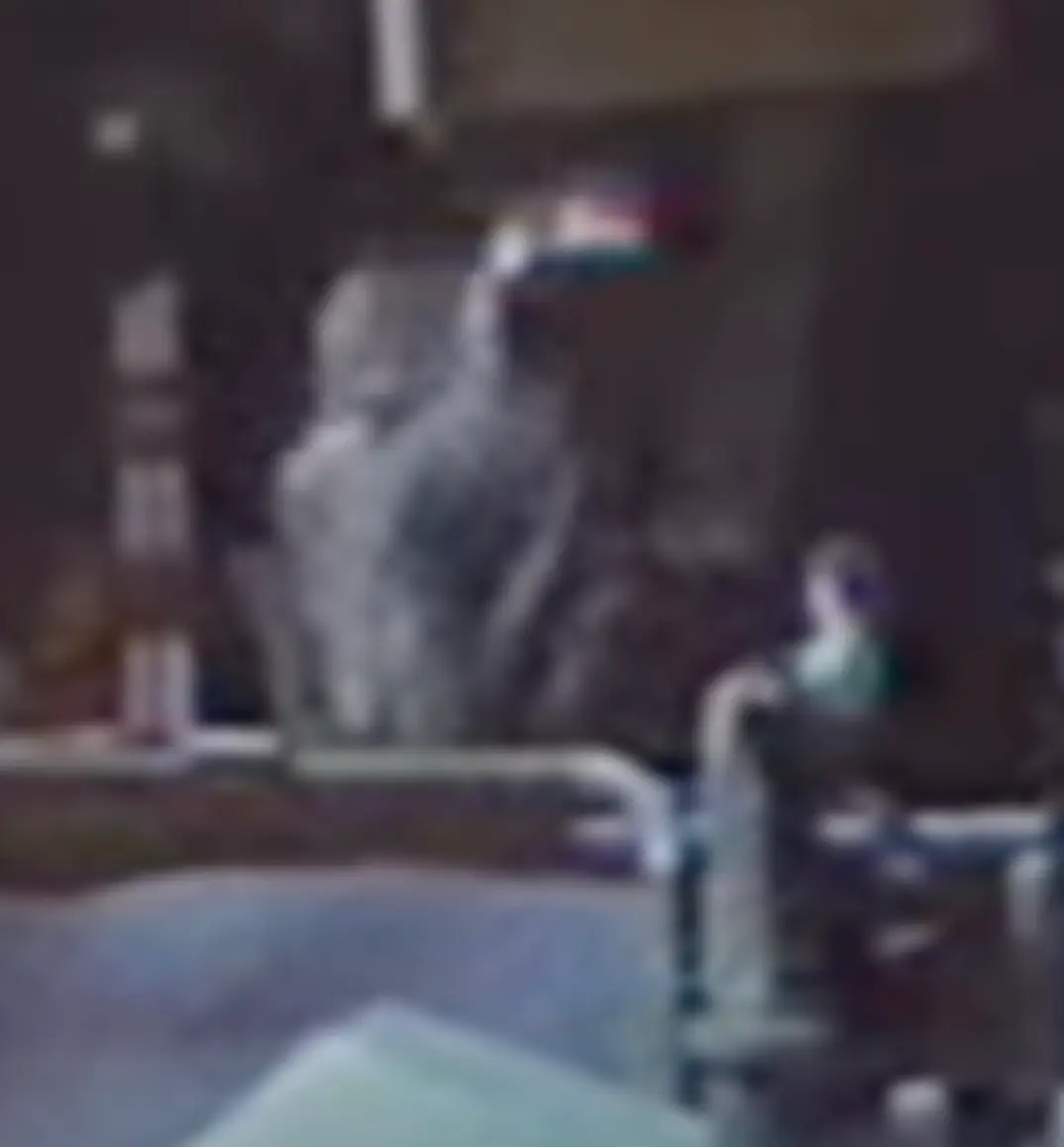Only a handful of people have been to the Moon... or at least that's what they tell us.
But what would you do if you were one of the select few to make the journey? How would you mark the unique occasion?
Well, in April 1972, when Charles Duke got the chance to do just that when he landed on the Moon as part of the Apollo 16 crew, the fifth lunar landing mission.
Advert
At the time of the landing, back home on Earth, people were gearing up for the Summer Olympics, which were in Munich that year.
So Duke, who was just 36 when he piloted the mission, decided to pay homage to the sporting spectacle and perform his own some 238,000 miles away in space.
Speaking to Business Insider about the mission, Duke recalled: "It was 1972, and there was going to be the Olympics in Munich that year, so we were going to do the 'Moon Olympics'.

"We just started out doing the high jump."
But it didn't quite go according to plan.
While he was 'horsing around', Duke said that he managed to leap an impressive four feet into the air.
However, when he came in for his landing, the young astronaut straightened his body up, which almost had deadly consequences.
The space suits at the time weighed around 300lbs back on Earth, with the backpack accounting for more than half that weight.
This meant that even though the low levels of gravity reduced the weight to just 50lbs, the backpack, which contained all the necessary life saving equipment, created an imbalance.
Unfortunately for Duke, this was made crystal clear to him when he jumped through the air and came in for landing and fell straight onto his back.

"The backpack weighed as much as I did. So I went over backwards," he said.
"It's a fibreglass shell, and it contained all your life-support systems. If it broke, I was dead.
"My heart was pounding. John Young, my commander, came over and looked down and says, 'That wasn't very smart, Charlie'.
"And I said, 'Help me up, John', and I got real quiet."
Once up, Duke checked to listen to his portable life-support system (PLSS) to see if it had cracked.
Luckily for him, though, he lived to tell the tale.
The astronaut recalled: "You could hear the pumps running. And I said, 'Well, I think I'm OK'.
"I learned a lesson: Never do anything in space that you haven't practiced. And we had not practiced the high jump."
A solid lesson, I think.
Topics: US News, Space, NASA, Technology, Science